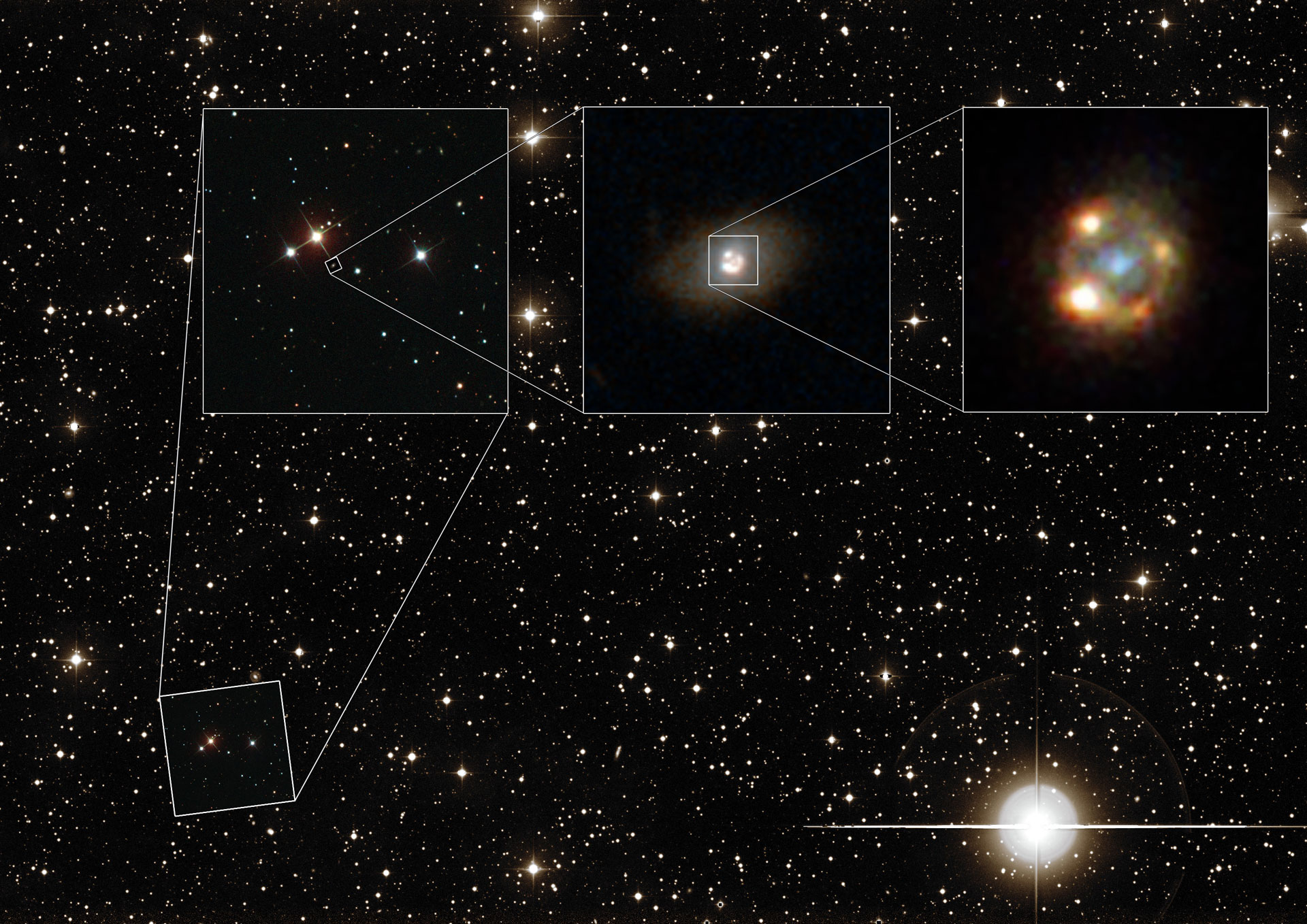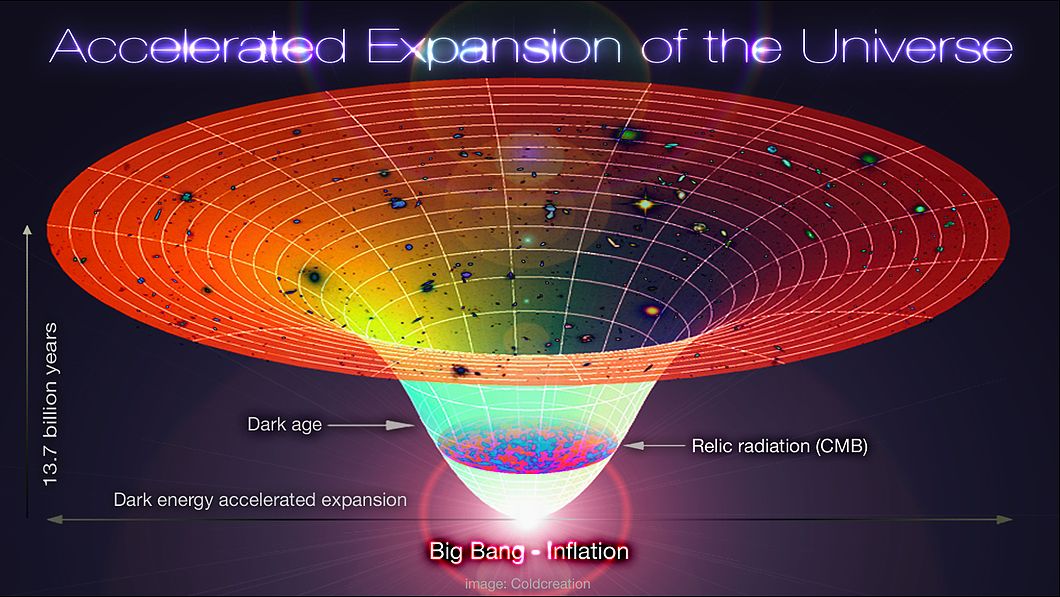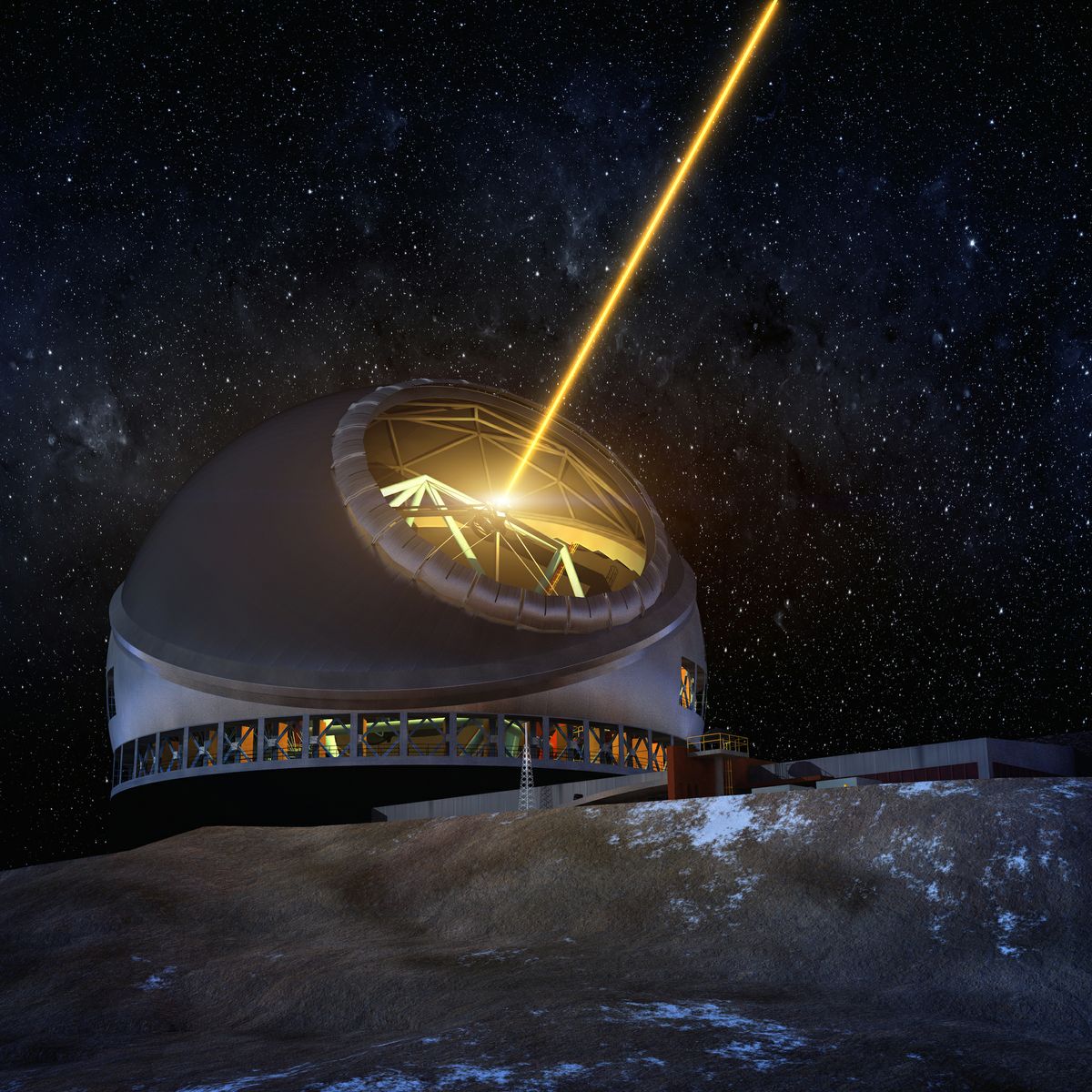Unraveling the Mysteries of Dark Energy: A Personal Journey into Astrophysics
As a fervent advocate of science and a dedicated follower of physics, my journey into the expansive realm of astrophysics has always been driven by an insatiable curiosity and a deep-rooted desire to uncover the mysteries of our universe. Among the various phenomena that fascinate me, dark energy stands as a profound mystery that challenges our understanding of the cosmos. Through this article, I aim to shed light on the complex concepts of dark energy, its discovery, implications, and the ongoing quest to understand its nature, intertwining my professional background in technology with a personal passion for astrophysics.
What is Dark Energy?
Dark energy is an unknown form of energy that permeates all of space, influencing the rate at which the universe expands. It is the name given to the mysterious force that is causing the universe’s expansion to accelerate over time, contrary to the expectations from the theory of General Relativity and the effects of gravity.
The Discovery of Dark Energy
The existence of dark energy was proposed in the late 1990s, following observations of distant Type Ia supernovae. These observations revealed that the universe’s expansion was not slowing down, as previously thought, but instead was accelerating. This finding was unexpected and led to the 2011 Nobel Prize in Physics being awarded to Saul Perlmutter, Brian P. Schmidt, and Adam G. Riess for their discovery of the accelerating expansion of the Universe through observations of distant supernovae.

Understanding Dark Energy
Despite its critical role in the dynamics of the universe, dark energy remains one of the greatest enigmas in physics. It is believed to constitute about 68% of the total energy content of the universe, overshadowing the matter (both visible and dark) that makes up the rest. The leading theory suggests that dark energy could be a property of space itself, as proposed by Einstein’s cosmological constant (Λ), a term introduced in his equations of General Relativity to allow for a static universe. This concept, once abandoned after the discovery of the expanding universe, has resurged with the observations of an accelerating universe.
The equation representing the cosmological constant is as follows:
Λ = ρΛc2/G
Where ρΛ is the density of dark energy, c is the speed of light in vacuum, and G is the gravitational constant. This equation highlights the relation between the cosmological constant and the energy density of the vacuum of space.
The Quest to Understand Dark Energy
The pursuit to understand dark energy encapsulates an intriguing intersection of theoretical physics, observational astronomy, and advanced technology. Efforts are underway across the globe, involving sophisticated telescopes and observatories, to gather more data on the behavior of dark energy across different epochs of the universe. My personal involvement in technology, specifically in artificial intelligence and machine learning, illuminates the potential of these tools in analyzing vast datasets obtained from telescopic observations and simulations, thereby contributing to the rigorous investigation of dark energy.
Implications of Dark Energy
The implications of dark energy extend far and wide, impacting not only our understanding of the cosmos but also the fundamental laws that govern it. It challenges the conventional models of physics, pushing scholars and enthusiasts alike to ponder on the ultimate fate of the universe. Will the expansion continue indefinitely, leading to the “Big Freeze”, or is there a point where the expansion will halt?

Conclusion
The enigma of dark energy exemplifies the beautiful complexity and mystery of our universe. It serves as a reminder of how much remains to be discovered and understood. As someone deeply engrossed in the realm of technology and science, my journey into astrophysics, particularly the study of dark energy, is both a professional diversion and a personal fascination. It underscores the importance of staying curious, open-minded, and relentless in the pursuit of knowledge, regardless of where that journey may lead.
As we continue to unravel the mysteries of dark energy and its implications for the cosmos, it becomes increasingly clear that the future of astrophysics, and our understanding of the universe, is as bright and boundless as the cosmos itself.
